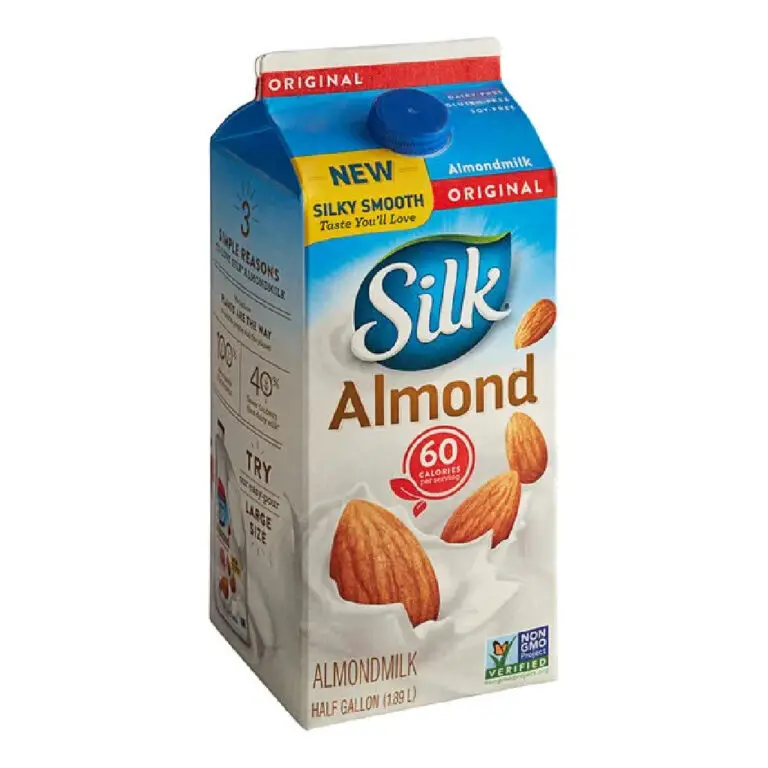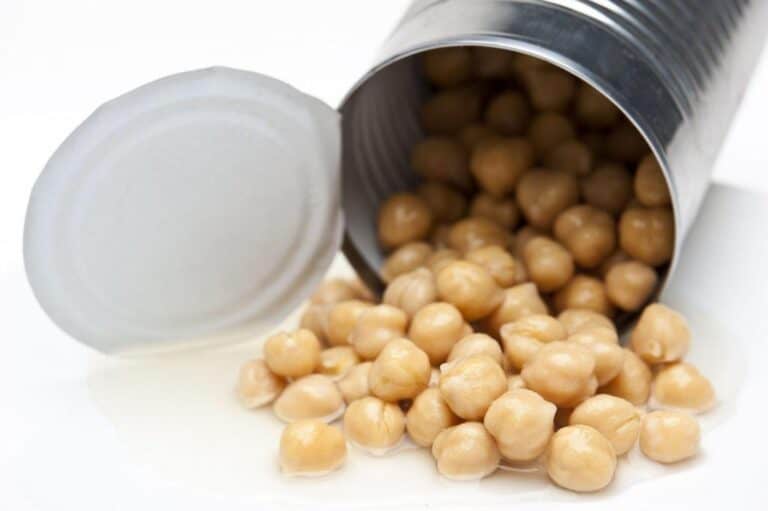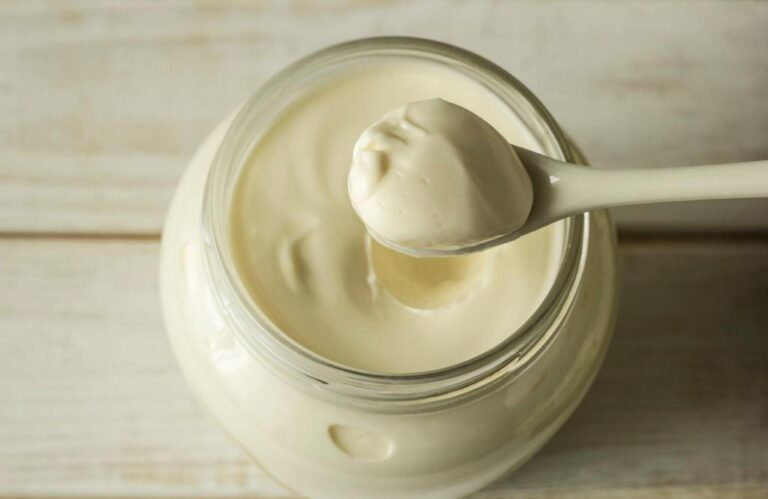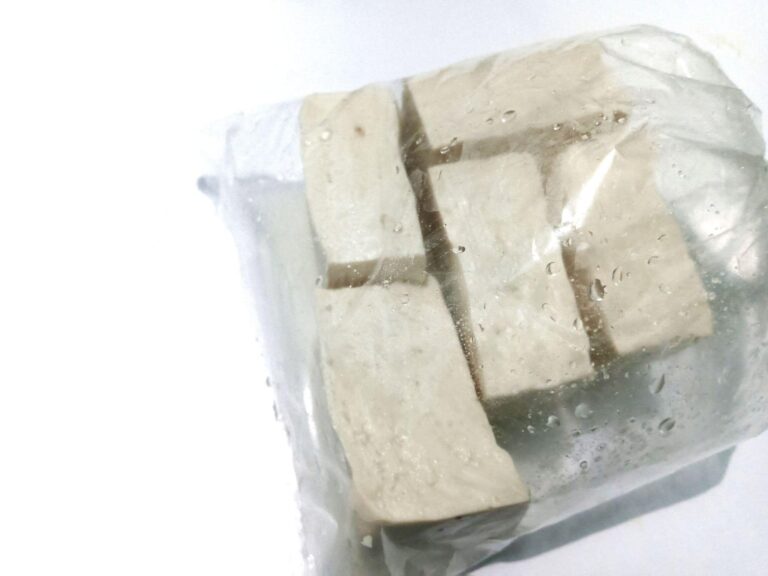Why Should You Avoid Drinking Water After Eating Fruits? Balancing Hydration
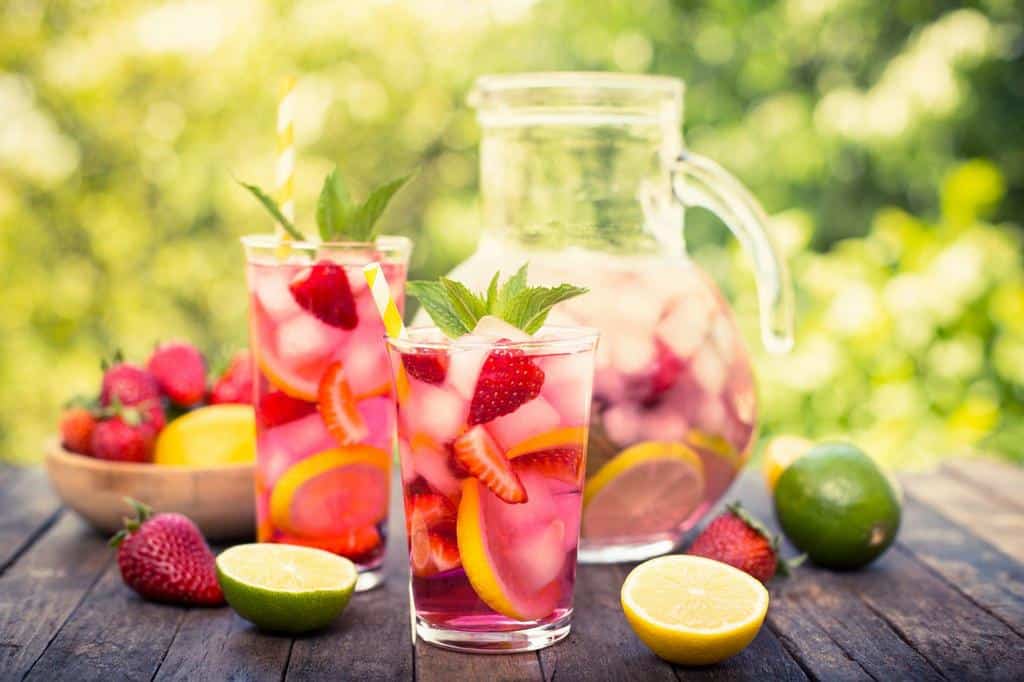
When it comes to maintaining a healthy diet, fruits are often at the top of the list. They’re packed with essential vitamins, minerals, and antioxidants that can boost your overall well-being. However, there’s a common debate surrounding the timing of consuming fruits and water. Is it advisable to drink water immediately after eating fruits, or should you wait a while?
In this article, we’ll explore the reasons why you might want to avoid drinking water right after indulging in your favorite fruits. We’ll peel back the layers of this fruity mystery and explore the reasons why, sometimes, it might be wiser to resist the urge to sip that water right after indulging in nature’s candy.
Prepare to discover how the delicate balance between fruit and hydration can impact your body and unlock the secrets to optimizing your nutritional habits.
The Importance of Proper Hydration
Hydration is not just about quenching your thirst; it plays a fundamental role in your overall health and well-being. Water is the lifeblood of your body, involved in countless bodily functions. Let’s take a closer look at why staying hydrated is so crucial.
Water is essential for the digestive process. It helps break down food in your stomach and intestines, allowing your body to absorb essential nutrients. Without adequate hydration, your digestive system can’t function optimally.
Now, you might be wondering, Why the fuss about avoiding water after eating fruits?
The Digestive Process
To understand why you should avoid drinking water immediately after consuming fruits, it’s essential to grasp the intricacies of the digestive process. Digestion is a complex journey that begins the moment you take a bite of food:
- Chewing: It all starts in your mouth, where your teeth break down food into smaller pieces. Saliva, which contains enzymes, begins to break down carbohydrates.
- Stomach: Food travels to your stomach, where it’s mixed with stomach acid and digestive enzymes. This acidic environment is crucial for breaking down proteins.
- Small Intestine: Nutrient absorption takes place here. The pancreas releases more enzymes, and the gallbladder contributes bile to aid in fat digestion.
- Large Intestine: Water is absorbed, and waste is prepared for elimination.
Optimal digestion is essential to ensure that your body can extract all the nutrients from the food you eat, providing you with the energy and nourishment you need to thrive. Anything that interferes with this process can potentially lead to digestive issues and may impact your overall health.
Maintaining optimal conditions for digestion is vital for nutrient absorption and overall health. Now, let’s delve into the nutrient content of fruits.
Nutrient Content in Fruits
Fruits are a treasure trove of vitamins, minerals, and dietary fiber. They are a crucial part of a balanced diet and offer a multitude of health benefits, including:
- Vitamins and Minerals: Fruits provide essential vitamins like vitamin C, which boosts your immune system, and minerals like potassium, which helps regulate blood pressure.
- Dietary Fiber: Fiber in fruits aids in digestion, keeps you feeling full, and supports a healthy gut.
Fruits are also known for their varying water contents. Some fruits are juicy, while others are less so. This variation plays a role in the debate about whether to drink water immediately after eating fruits.
Why Should You Avoid Drinking Water After Eating Fruits?
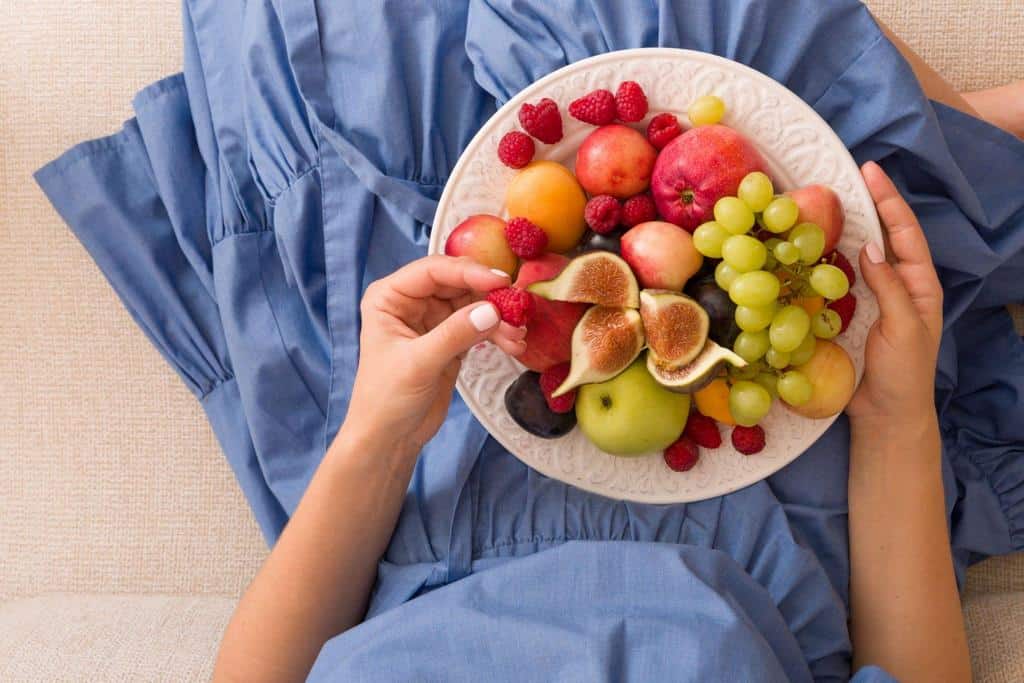
Now, let’s get to the heart of the matter: why should you avoid drinking water immediately after eating fruits?
1. Dilution of Digestive Juices
Your stomach contains powerful digestive juices, including hydrochloric acid, which plays a crucial role in breaking down the food you consume. When you drink water right after eating fruits, you risk diluting these digestive juices. This dilution can hinder the efficient breakdown of the sugars, fibers, and other nutrients present in fruits.
2. Slower Digestion
A slower digestion process can lead to various discomforts, including bloating and gas. When your stomach isn’t functioning optimally, it may take longer for the food to pass through, leaving you feeling heavy and uncomfortable.
3. Nutrient Absorption
The presence of water in your stomach can affect the absorption of certain nutrients from fruits. For example, vitamin C, a common nutrient in fruits, requires an acidic environment for optimal absorption. Drinking water immediately after eating fruits can make your stomach less acidic, potentially diminishing the absorption of this essential vitamin.
4. Potential for Acidity
Fruits, especially citrus ones like oranges and grapefruits, are naturally acidic. Drinking water immediately after consuming acidic fruits can increase the acidity in your stomach, potentially causing discomfort or acid reflux for some individuals.
Best Practices for Fruit Consumption
Now that you understand the potential drawbacks of drinking water right after eating fruits, here are some best practices to ensure you get the most out of your fruit consumption:
- Wait a Bit: It’s advisable to wait at least 30 minutes after eating fruits before drinking water. This allows your stomach to start the digestion process and helps prevent the dilution of digestive juices.
- Stay Hydrated: While it’s best to avoid drinking water immediately after eating fruits, staying hydrated throughout the day is essential. Make sure to drink enough water between meals to maintain proper hydration.
- Combine Smartly: Consider combining fruits with other foods that complement them. For example, pairing fruits with yogurt or nuts can provide a balance of nutrients and help with digestion.
- Chew Thoroughly: Properly chewing your food, including fruits, aids in the digestion process. It also helps your body extract more nutrients from the food you consume.
Benefits of Consuming Fruits
Before we conclude, let’s not forget the numerous health benefits of consuming fruits:
- Antioxidants: Fruits are rich in antioxidants, which help combat oxidative stress and reduce the risk of chronic diseases.
- Fiber for Digestion: The dietary fiber in fruits promotes healthy digestion and regular bowel movements.
- Overall Well-Being: Regular fruit consumption is associated with improved heart health, weight management, and reduced risk of certain cancers.
In conclusion, while there is no scientific basis for avoiding water after eating fruits, it’s essential to stay hydrated throughout the day for optimal digestion and overall health. The next time you enjoy a delicious fruit salad, feel free to sip on water to keep yourself hydrated and support your body’s natural processes.
Guidelines for Optimal Hydration Practices
To support your digestive health, follow these hydration tips:
- Drink Plenty of Water: Aim to consume at least eight glasses (64 ounces) of water daily to stay adequately hydrated.
- Monitor Urine Color: Check the color of your urine; if it’s pale yellow, you’re likely well-hydrated. Dark yellow may indicate dehydration.
- Stay Consistent: Make hydration a consistent part of your daily routine, ensuring your body has the water it needs for optimal digestion.
Here are some simple guidelines to help you make informed choices about when to drink water in relation to eating fruits:
| Timing | Guidance |
| Before Eating | Drink a glass of water 30 minutes before eating fruits to prime your digestive system. |
| During Eating | Take small sips of water to aid in chewing and swallowing while consuming fruits. |
| After Eating | Enjoy a glass of water after eating fruits to maintain hydration and cleanse your mouth and throat. |
Some Common Myths about Food Combinations of Fruits
There are several common myths about food combinations with fruits. Here are some of them:
- Fruits should be eaten on an empty stomach: This myth suggests that fruits should be eaten alone or on an empty stomach to avoid rotting in the digestive system. However, there is no scientific evidence to support this claim.
- Certain foods cannot be digested together: This myth suggests that the body is unable to digest certain foods if they are eaten in the wrong combination. However, there is no scientific evidence to support this claim.
- Proteins and starches should not be combined: This myth suggests that proteins and starches should not be eaten together to avoid digestive issues. However, there is no scientific evidence to support this claim.
- Fruits should not be eaten with other foods: This myth suggests that fruits should not be eaten with other foods to avoid digestive issues. However, there is no scientific evidence to support this claim.
- Food combining improves nutrient absorption: This myth suggests that food combining improves nutrient absorption and digestion. However, there is no scientific evidence to support this claim.
In summary, there is no scientific evidence to support the common myths about food combinations of fruits.
Conclusion
In the ongoing discussion regarding the interaction between fruits and water, particularly the timing of water intake with fruits, the focus often centers on their combined impact on digestion.
While definitive rules don’t universally apply, it’s generally advisable to be cautious about drinking water immediately after indulging in fruits. This precaution is rooted in the desire to optimize nutrient absorption and promote digestive well-being. So, does drinking water affect fruit digestion? It’s a question worth considering as you navigate the landscape of healthy fruit-eating practices.
It’s essential to recognize that the interplay between water and fruit meal sequences can vary from person to person. While some individuals may not notice any adverse effects, others might experience discomfort. The key lies in paying attention to your body’s signals and making adjustments as needed.
Striking a balance between fruit nutrition and water consumption is paramount for digestive harmony.
In the quest for optimal fruit consumption habits, remember that a healthy diet isn’t just about what you eat but also how you eat it. By respecting the timing of your food and water intake, you can provide valuable support to your digestive system and unlock the full benefits of the nutritious fruits you adore.
This understanding of the fruit and water interaction can empower you to cultivate habits that promote overall well-being, both for your body and your mind. Hydration guidelines with fruits in mind can lead to a harmonious relationship between these essential elements of a balanced diet.
FAQs on Fruit Nutrition and Water Consumption
Is it true that drinking water after eating fruits is bad for digestion?
Drinking water after eating fruits is not necessarily bad for digestion, but it may dilute stomach acid and hinder optimal nutrient absorption. It’s advisable to wait at least 30 minutes after eating fruits before drinking water.
What is the best time to eat fruits to maximize their nutritional benefits?
The best time to eat fruits to maximize their nutritional benefits is generally on an empty stomach, like as a morning snack or between meals. This allows your body to absorb the nutrients efficiently.
Can drinking water immediately after eating any food cause digestive problems?
Drinking water immediately after eating any food can potentially cause digestive problems, as it may disrupt the digestion process. It’s best to wait a bit before drinking water after a meal.
Can drinking water after eating fruits dilute stomach acid and hinder digestion?
Yes, drinking water after eating fruits can dilute stomach acid, potentially hindering digestion. This effect may be more pronounced with acidic fruits.
Are there any fruits that should be consumed with caution in terms of timing and hydration?
Fruits high in fiber, like apples and pears, should be consumed with caution in terms of timing and hydration, as they may cause discomfort if eaten in excess with water.
What are some alternative ways to stay hydrated while enjoying fruits without compromising digestion?
To stay hydrated while enjoying fruits without compromising digestion, consider consuming water between meals or as a prelude to your fruit snack.
Are there any specific dietary guidelines for combining fruits and water to optimize nutrient absorption and digestion?
Specific dietary guidelines for combining fruits and water aren’t firmly established, but it’s generally recommended to wait a bit after eating fruits before drinking water to optimize digestion and nutrient absorption.


